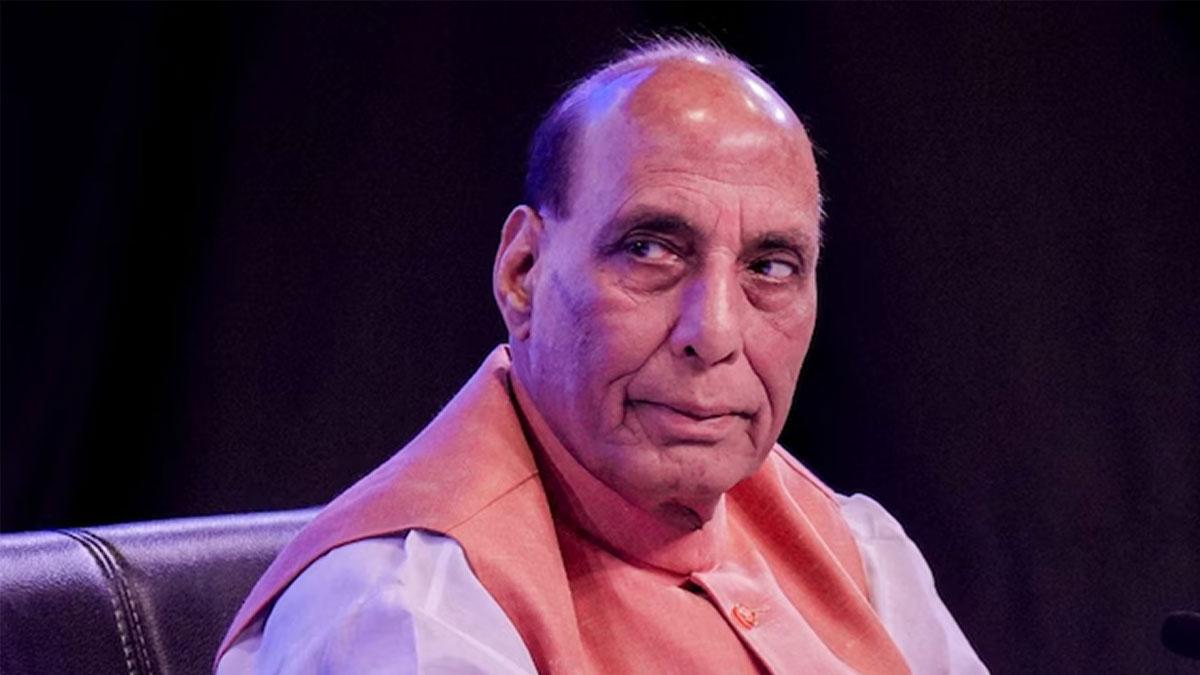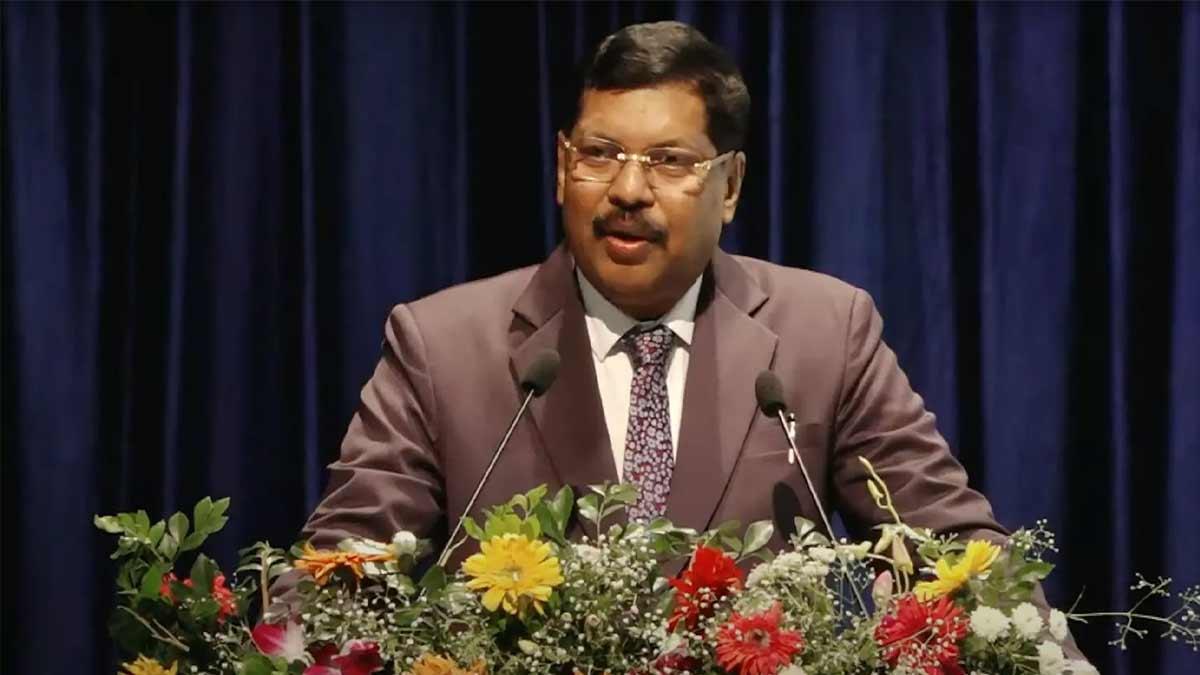The Supreme Court has said mere harassment without any positive action on the part of the accused does not amount to abetment of suicide under the Section 306 of the IPC.
A bench comprising justices L. Nageswara Rao and Aniruddha Bose said: "Mere harassment without any positive action on the part of the accused proximate to the time of occurrence which led to the suicide would not amount to an offence under Section 306 IPC. Abetment by a person is when a person instigates another to do something".
The bench emphasized that instigation can be inferred where the accused had, by his acts or omission created such circumstances that the deceased was left with no option except to commit suicide.
The top court order came in a matter where a man had committed suicide by consuming poison and left four suicide notes. The man allegedly committed suicide originating from a matrimonial dispute, where wife his moved back to her paternal home.
Also Read | PM Modi hits out at Congress for disrupting parliament, says expose them
In the notes, the man had blamed his wife and others for pushing him to commit suicide. The High Court had allowed the revision petition filed by the accused and set aside the trial court order framing charges against them.
In the appeal before the apex court filed by deceased's brother, it was contended that the abetment of the offence of suicide by the accused is prima facie made out as the harassment by them. The plea further added this harassment facilitated by the accused led to the act of suicide by the deceased. The petitioner insisted that his brother was harassed by his wife, due to which he took his own life.
The bench observed that in order to bring a case within the provision of Section 306 IPC, there must be a case of suicide.
"In the commission of the said offence, the person who is said to have abetted the commission of suicide must have played an active role by an act of instigating or by doing a certain act to facilitate the commission of suicide", noted the bench.
Dismissing the petition, the top court said: "In the instant case, the allegations against Respondent Nos. 2 and 4 is that they harassed the deceased. There is no other material on record which indicates abetment. The High court did not commit any error in allowing the Criminal Revision".


















